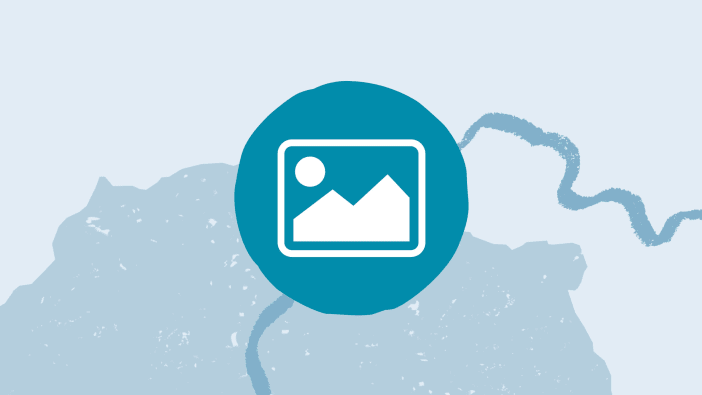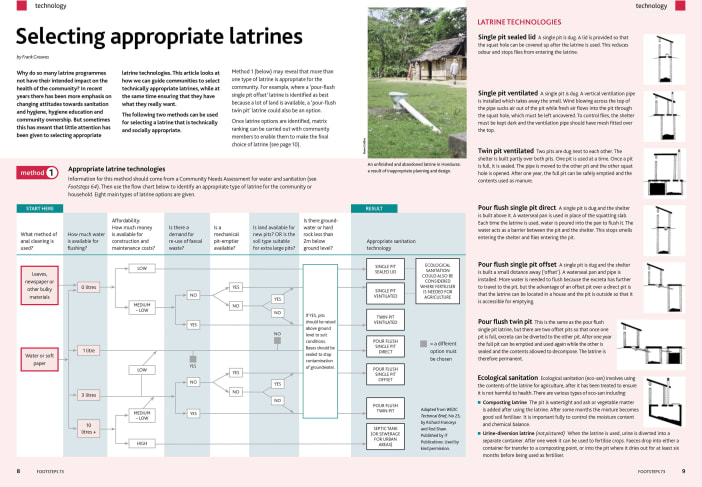Climate change has begun to affect the nomadic peoples of the Sahel region in Niger. Rainfall in this semi-arid area is becoming increasingly unpredictable, with changes in timing, frequency and the amount of rainfall. Temperatures are rising gradually. There have been several severe droughts since 1973, causing massive loss of livestock. Climate change is having a major impact on the natural grasslands, resulting in the spread of the desert and the loss of soil fertility.
The Tuareg are well adapted to surviving in the Sahel’s dry, marginal land. If pastures fail in one area they move on, taking all their possessions with them. During the past 30 years they have developed ways to cope better with drought conditions. Even so, the effect on the nomads who live in this area is considerable. Many have lost their herds of cows and sheep and seen their traditional lands destroyed. Some groups are taking action to improve poor soils, stop the spread of the desert and respond to the effects of climate change.
Fixation sites
The Tuareg people decided that it was better to make some changes and adjustments now and lose only some of their traditions, than do nothing and lose their whole way of life. At their request, Tearfund partner JEMED has been helping communities to establish ‘fixation sites’ since 1990 to enable them to survive the changes that the spread of the desert and increased population have brought. These fixation sites do not settle people permanently, but build upon a tradition that the Tuareg would spend part of each year camped in a particular place. They also enable communities to develop a social infrastructure and education, training, health and pasture management projects, while still keeping hold of many of their traditional pastoral ways. There are now 22 fixation sites and each has a management committee elected from the local community.
Wells
Wells are very important to the fixation sites. JEMED has repaired or dug over 30 wells so far. Sometimes new wells have to be dug deep to find water (over 135 metres at Zeddagar for example). Once wells have water, a number of families are likely to take up residence at the site.
Literacy and education
So far, five of the sites have primary schools that provide dormitories and canteens so that students can remain there if their families move. All sites will eventually provide an adult education programme, targeting women’s literacy and advocacy for land tenure and nomadic rights. Despite challenges, the educational programmes have made significant achievements. General literacy levels have risen to 20% from almost zero, enabling people to read medicine labels and Christian people to read their own Bibles. Numeracy skills have helped in the successful running of grain banks. Improved literacy and the resulting confidence it gives people, have permitted increased political involvement. JEMED uses a gender-sensitive approach which is much appreciated by women who greatly value their newfound liberty. They comment on ‘being resurrected’ and being ‘placed on the back of the camel!’
Food security
Food security has been improved at 18 sites by establishing grain banks. These reduce the cost of grain and make it more easily available. At six of these, small shops have been established which sell basic household items (tea, sugar, matches).










